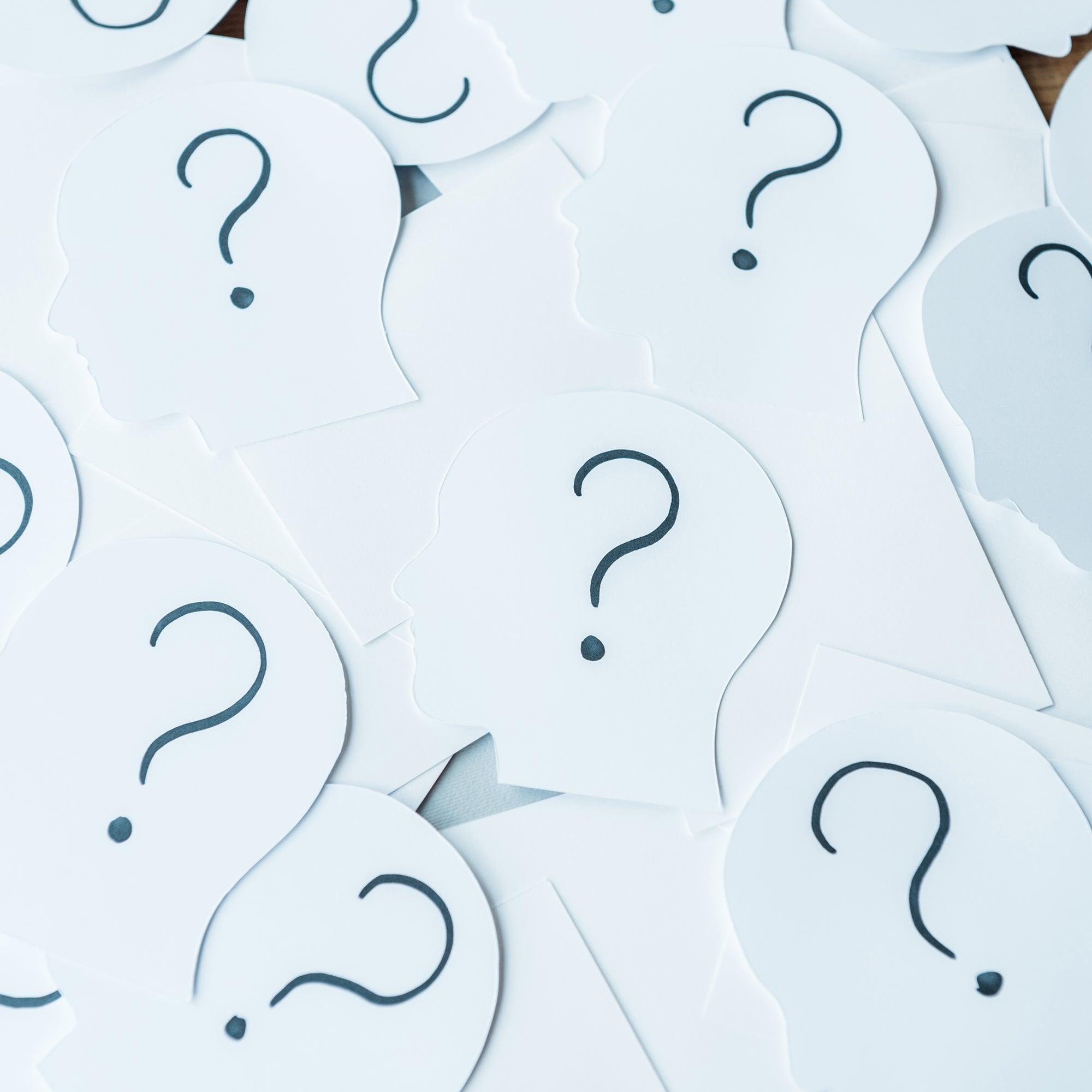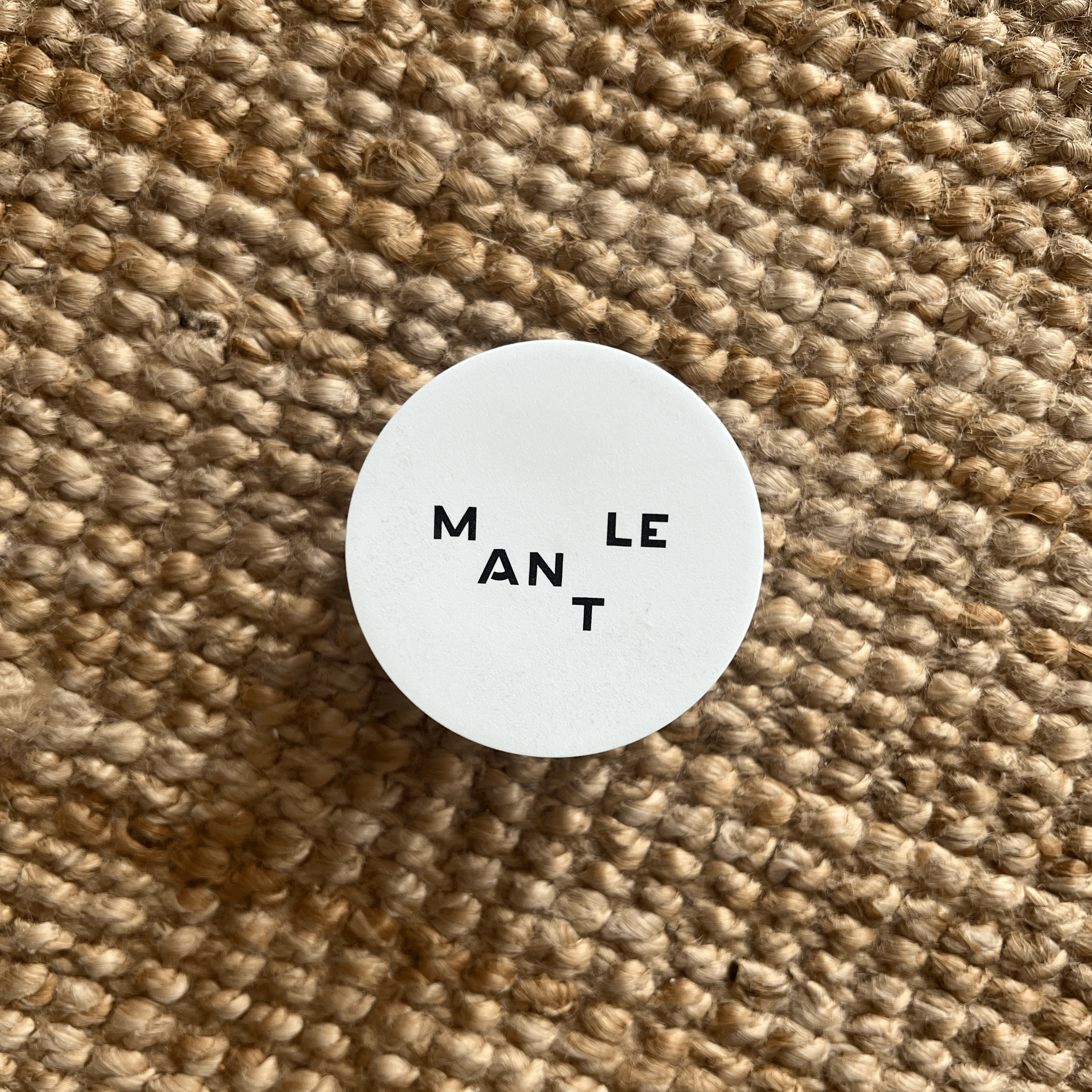CBD Oil Illegal

Legislation Regarding CBD in Sweden and International Comparisons
Is it possible to simply answer the question, "Is CBD legal in Sweden?"
Unfortunately, there is no easy answer, as it is a mix of both yes and no. Below is an explanation of why the answer to this question is so complex.
Cannabidiol, or CBD, is one of the most talked-about substances in health and wellness in recent years. However, despite its popularity, the legislation surrounding CBD is complex and varies significantly between countries. In Sweden, the regulation of CBD is particularly strict, and the legal status of CBD products has undergone significant changes in recent years.
CBD is a non-psychoactive compound derived from the cannabis plant. Unlike THC (tetrahydrocannabinol), which is the primary psychoactive component of cannabis, CBD does not produce a high. This has led to an increased demand for CBD products for their potential health benefits, such as pain relief and anxiety reduction.
In Sweden, CBD products are regulated under narcotic legislation if they contain any amount of THC. This means that pure CBD, without THC, is not classified as narcotics. However, the market for CBD products is still heavily regulated, and there are strict requirements to ensure that products do not contain illegal amounts of THC.
Historically, Sweden's legislation regarding cannabis and its various substances (CBD, CBG, THC, CBC, CBN, etc.) has been very strict. During the 1960s and 70s, laws were introduced that severely limited the use of cannabis products. Even medical use of cannabis has been tightly regulated, with few exceptions. It wasn't until the early 2000s that the debate surrounding medical cannabis and CBD began to gain more attention. In 2017, the Medical Products Agency decided that certain CBD products would be classified as medicines, meaning they could only be sold in pharmacies and with a doctor's prescription.
An interesting aspect of Swedish legislation is that CBD in skincare products is legal, while CBD for oral use is illegal unless classified as a medicine. This means that consumers can purchase and use CBD-infused skincare products without legal hindrance, but not CBD oils or capsules for internal use. This difference is due to the fact that skincare products are considered to have a local effect and do not impact the body's central nervous system in the same way that orally ingested products can.
When we compare Sweden's legislation to other countries, we see significant variations. In the USA, for example, the Farm Bill of 2018 made hemp and its derivatives, including CBD, legal at the federal level as long as the products contain less than 0.3% THC. This has led to a booming market for all types of CBD products, including oral supplements, skincare, and food items.
In many European countries, legislation is more liberal than in Sweden. In Switzerland, for instance, CBD is fully legal as long as the THC content does not exceed 1%, which is significantly higher than the limit allowed in many other countries. In the UK, CBD products can be sold as long as they contain no THC at all and do not make any medical claims without regulatory approval.
Germany recently took a historic step by legalizing cannabis for recreational use. Consequently, CBD for both skincare and oral use is completely legal there. This decision follows years of debate and represents a significant shift in the country’s drug policy. The new legislation allows adults to purchase and possess up to 30 grams of cannabis for personal use. Additionally, the law permits individuals to grow up to three cannabis plants per person in their homes.
The German government has also created a regulated market for cannabis, allowing licensed stores to sell cannabis products. The goal is to ensure quality and safety while reducing the black market. The new legislation also includes measures to protect minors and prevent misuse, including restrictions on marketing and sales near schools and youth centers.
Germany is thus following in the footsteps of other countries like Canada and several US states, marking a significant change in Europe's largest economy and potentially influencing drug policy in other European countries. The legalization process is accompanied by careful monitoring and evaluation to ensure that the expected benefits, such as reduced crime and improved public health, are achieved.
One could say that the legislation surrounding CBD (and other cannabinoids) in Sweden is strict and conservative, especially compared to many other countries. While CBD in skincare products is legal, the use of CBD for oral consumption is highly restricted and often requires medical approval.
Sweden's stance reflects caution against releasing cannabinoid-based products onto the market without strict control and scientific support.
At the same time, international comparisons show a wide spectrum of regulations, indicating that Sweden may need to adapt its legislation as new research and international practices develop.
Sources:
- [The Medical Products Agency - Cannabidiol (CBD)](https://www.lakemedelsverket.se/sv/behandling-och-forskrivning/kopa-anvanda-och-hantera/kopa-medicin/kopa-medicin-pa-natet/cannabidiol-cbd)
- A ruling that serves as a precedent for this type of case in Sweden. You can read about this ruling [here](https://www.lakemedelsvarlden.se/ratt-forbjuda-e-forsaljning-av-cbd-fran-utlandet/).




Comments